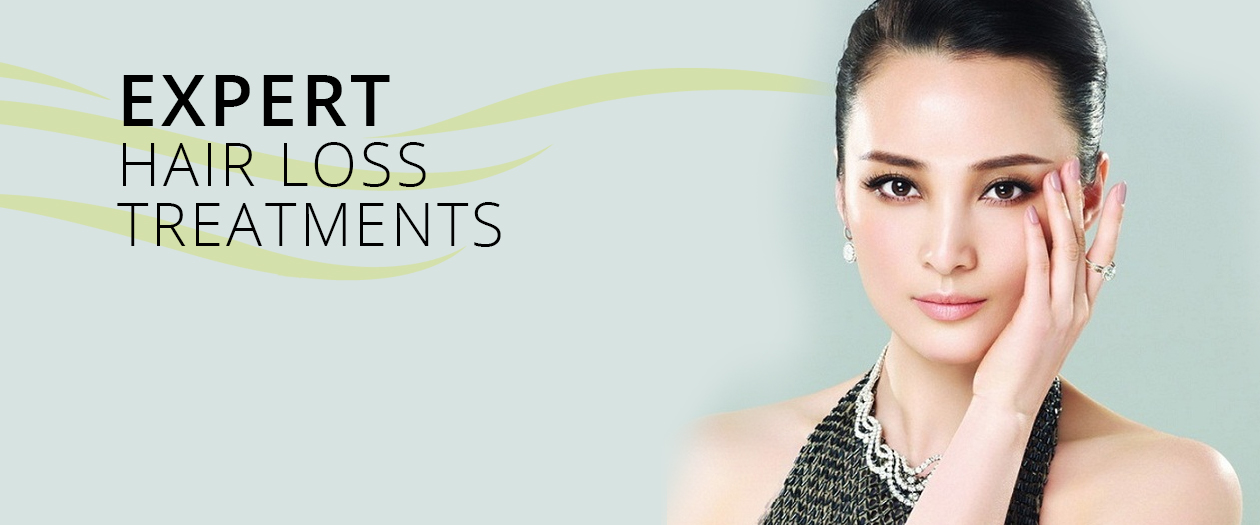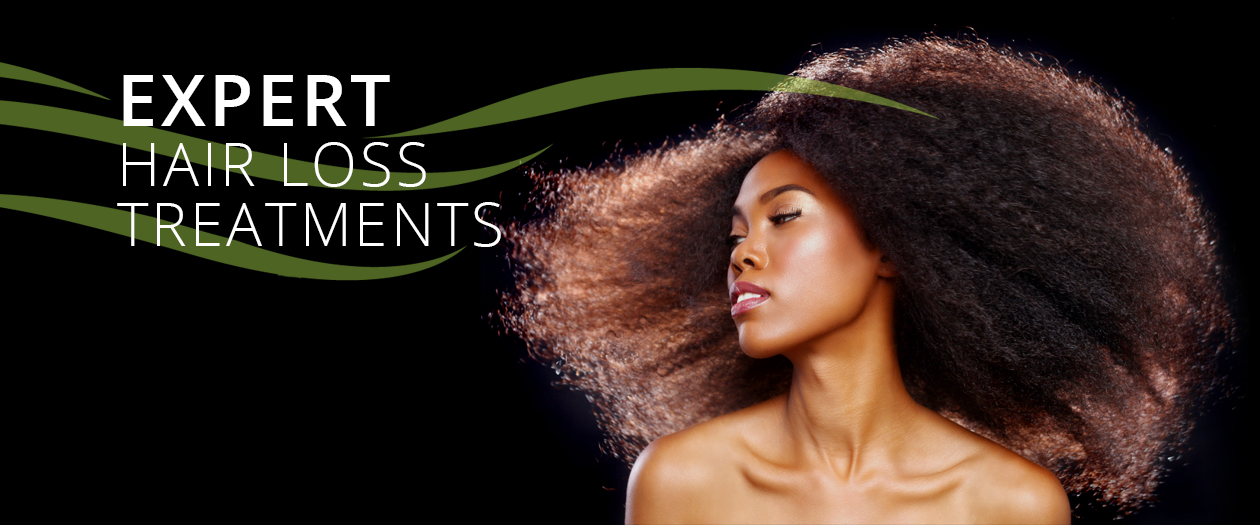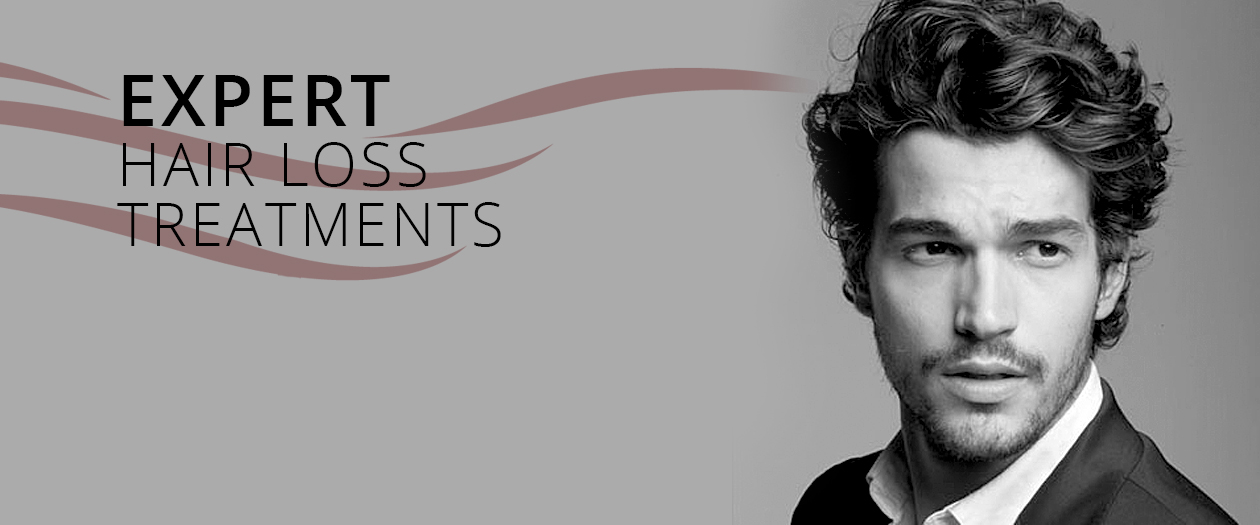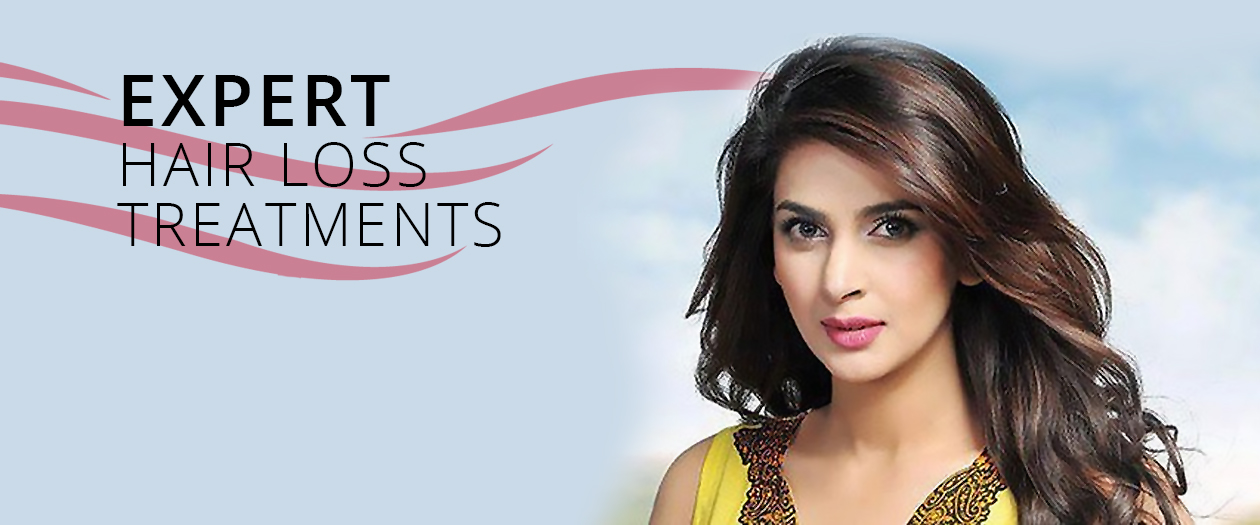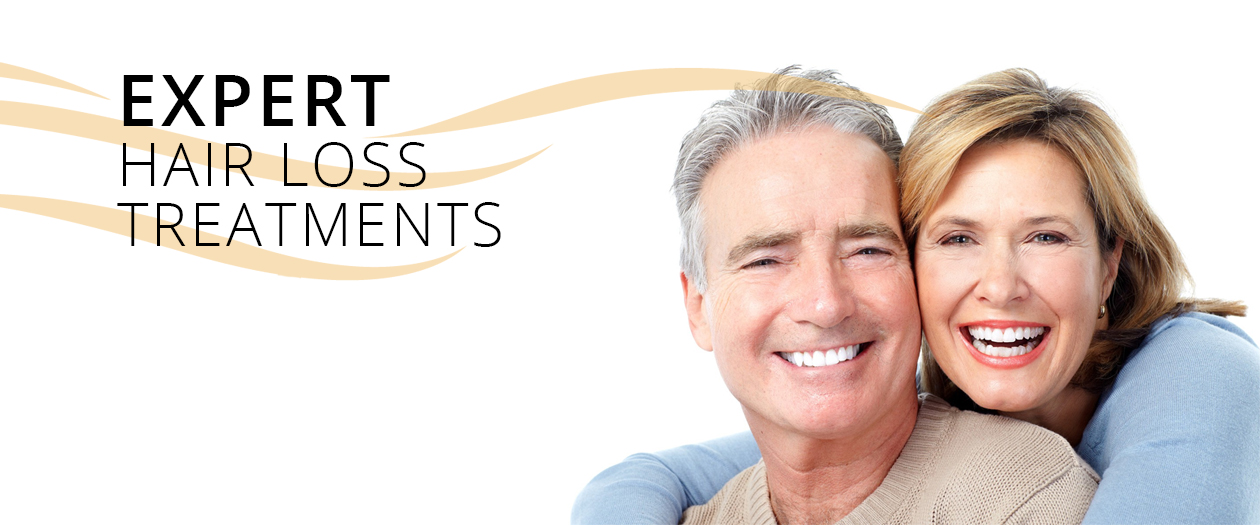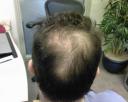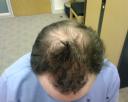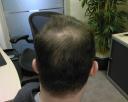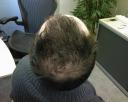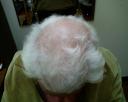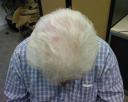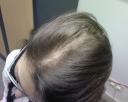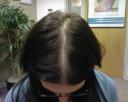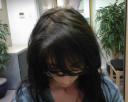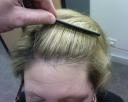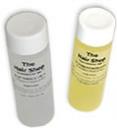14.01.2008
in TRICHOLOGIST

From The Sunday Times
January 13, 2008
Increasing numbers of women are losing their locks. Trichologist Philip Kingsley gets to the root of how to combat it
Bald pates and comb-overs are as much a part of stereotypical male middle age as beer guts and sports cars. But if you think hair loss is a men-only problem, think again. Increasing numbers of women are admitting that they see great clumps of hair going down the plughole each day.
In recent years, there have been many reports that female hair loss is on the rise. A recent survey of more than 2,000 women suggests it is at a record high, and that up to 35% of women have been to see their doctor with the problem.
So, why has it become so widespread? As with many modern health concerns, the prime suspect is stress. There may well be some truth in that, not least because stress can increase androgens (male hormones) in the body, which, in turn, can lead to hair loss. The fact that women are having children later in life may also be a factor, as this is known to affect the rate of hair loss and thinning. Equally, both men and women who have a history of diabetes in their families are more likely to suffer from hair loss, and as this is also increasing, it may be having a knock-on effect.
To complicate matters, some women who think they are losing hair may actually only be suffering a loss in volume – the hairs may be decreasing in diameter, even though there are just as many hairs as before. However, no matter what the cause or true extent of the problem, hair loss is a real and worrying concern for sufferers. At worst, it has been known to cause suicidal tendencies because of a perceived loss of femininity and attractiveness.
Before you get too downhearted, though, the good news is that scientists have been busy investigating ways to help you hold on to your hair.
MONITOR YOUR IRON INTAKE
Recent research confirms the importance of ferritin – a protein that stores iron in the body and helps in the production of hair cells – in guarding against hair shedding. The minimum level for the hair follicles to function optimally is now thought to be 80 nanograms of ferritin per millilitre (ng/ml) of blood; previously, 60ng/ml-70ng/ml was considered sufficient. A simple blood test, performed by your GP, will reveal how much ferritin is in your blood – if it is below this recommended level, you should take iron supplements to increase it, which should help to boost hair growth.
CHANGE YOUR PILL
All oral contraceptives contain progestogens, synthetic hormones that produce similar effects to progesterone. Some of these are good for the hair; others less so. The best (and, therefore, those to look out for) are drospirenone and cyproterone acetate, desogestrel and norgestimate. Less favourable are levonorgestrel, norgestrel and norethisterone, so try to avoid these if you are concerned about excess hair loss.
Similarly, with HRT, the formulations that are better for your hair contain drospirenone, dydrogesterone, medroxyprogesterone acetate and natural progesterone. Levonorgestrel, norgestrel, norethisterone are less favourable. It is also worth mentioning the drug tibolone: although this is a synthetic steroid and not a hormone, it is used as a form of HRT, and, because it does not contain oestrogen, has been found to cause hair thinning.
Hormones affect hair follicles, and the latest treatment, with no side effects, involves the topical application of anti-androgens to the scalp. These prevent the action of hormones responsible for the development of male characteristics such as hair loss. However, it is not the amount of androgens in the body that causes the problem, but the susceptibility of the hair follicles to them. For example, a woman may produce high levels of testosterone, but if her hair follicles are not sensitive to it, hair loss is not inevitable.
MIND YOUR PROTEINS
Hair is protein, so it stands to reason that eating protein helps to combat shedding. It is no coincidence that there is a higher incidence of hair loss among vegetarians than among those who eat meat. Make sure you eat high-quality protein such as meat, fish, poultry and eggs, especially at breakfast and lunch. Vitamin B-complex supplements, well-formulated multivitamin pills and the coenzyme biotin have all been shown to help prevent hair falling out.
GET YOUR THYROID CHECKED?
Interesting new research concerns thyroid function. Experts have long known that thyroid anomalies affect hair; yet, despite this, doctors will not prescribe medication to patients if their only symptom of a thyroid problem is hair loss.
Working with Dr Maurice Katz, an endocrinologist at University College Hospital, my team is currently researching the effect of triiodothyronine (T3), the thyroid hormone most likely to affect the hair follicles. During the second world war, this hormone was given to soldiers to assist the healing of wounds. In our studies, we are investigating whether applying T3 topically may counteract detrimental hair loss. Watch this space.
Do you have Hair Loss Problems, read our Hair Loss Help






